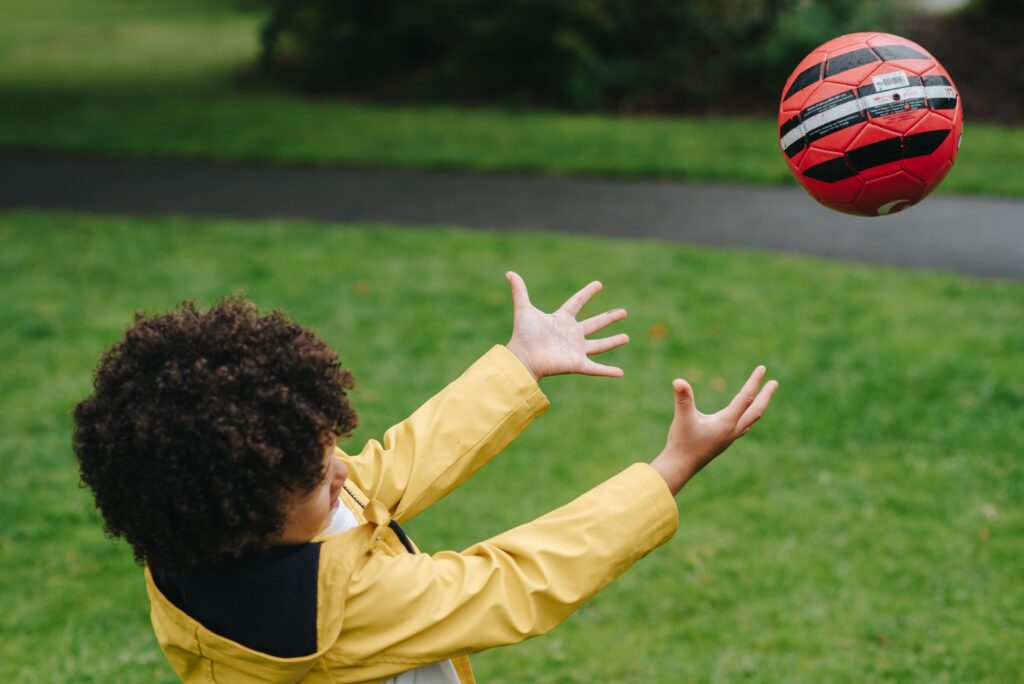There are a few different reasons why an autistic child may stare at their hands, we will go through some of the possible factors here;
Sensory input
First, some children with autism may have a heightened interest in sensory input from their hands. They may be fascinated by the sensation of touching different textures, or by the movement of their fingers. As a result, they may spend a lot of time looking at and exploring their hands.
Withdrawing from social norms
Second, children with autism may have difficulty understanding and interpreting social cues, including eye contact. They may find it more comfortable or easier to focus on their hands rather than maintaining eye contact with others.
Motor planning
Third, some children with autism may experience difficulties with motor planning, which can make it difficult for them to coordinate and control their movements. As a result, they may stare at their hands in order to better understand how to move them.

Communication
Fourth, Children with autism may have difficulty with communication and expressing themselves, they may find it easier to communicate through gestures or signing, and this may cause them to stare at their hands to express themselves.
Attention regulation
Fifth, some children with autism may have difficulty with attention regulation, and staring at their hands may help them to focus and filter out distractions.
It’s important to note that not all children with autism stare at their hands and this behaviour is not exclusive to autism but can occur in other conditions as well. Additionally, it’s also important to understand that each child with autism is unique and their behaviour and experiences may vary.
Summary
In conclusion, staring at one’s own hands is a common behaviour seen in some children with autism. This behaviour may occur due to a heightened interest in sensory input from their hands, difficulty with social cues, difficulties with motor planning, difficulty with communication, and difficulty with attention regulation.
However, it is important to remember that each child with autism is unique and the reasons behind this behaviour may vary.
For more help with raising an autistic child browse our archives or visit the UK’s Autistic Societies website.

